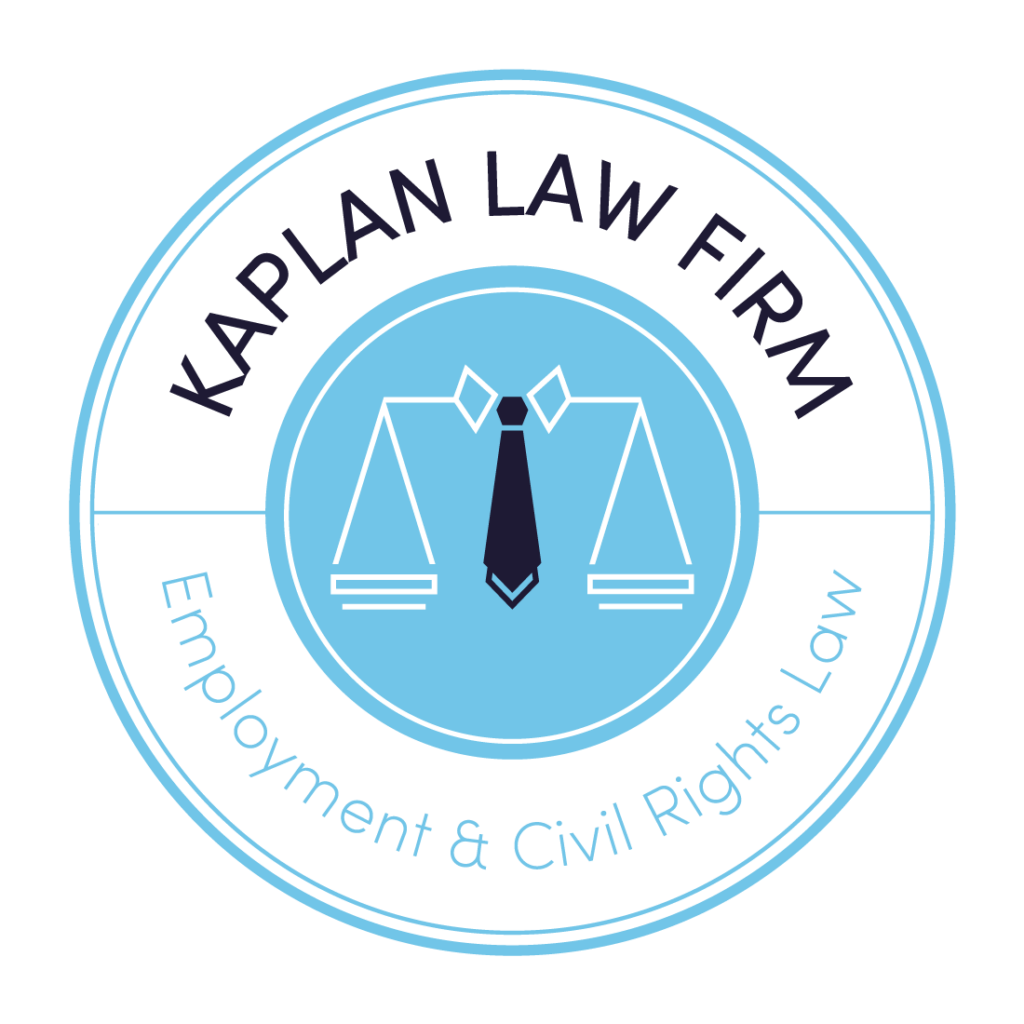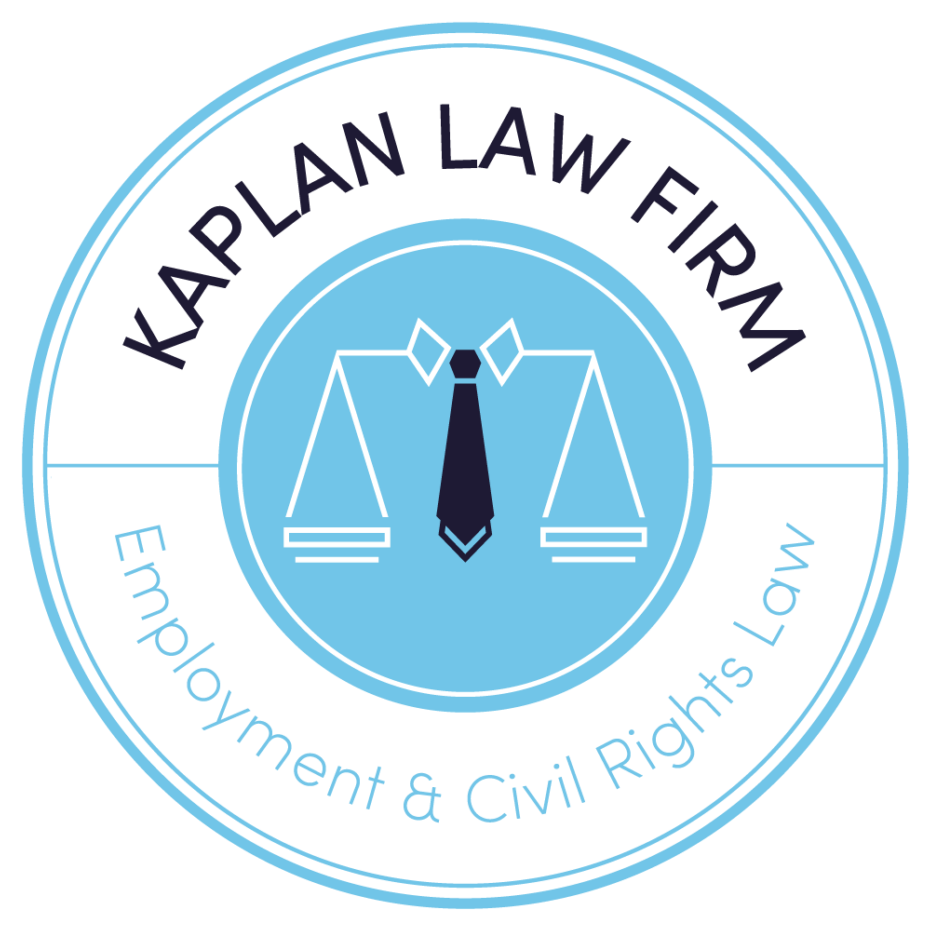What is considered excessive force by the police?
Excessive force occurs when a police officer uses more physical power than is necessary to subdue or control a person. This can include using physical violence, weapons, or tactics that are disproportionate to the situation. What qualifies as excessive force depends on the circumstances, including the level of threat posed and the officer’s response.
How do I know if I’ve been a victim of excessive force?
If you believe the force used against you by a police officer was unreasonable or unnecessary based on the situation, you may have been a victim of excessive force. Common signs include the use of weapons without justification, physical harm that wasn’t necessary to control the situation, or force used after a person was already restrained or complying.
Can I file a complaint against the police for excessive force?
Yes, individuals who believe they have experienced excessive force can file a complaint with the police department’s internal affairs division or an external oversight agency. This process allows the incident to be investigated, but it’s important to follow the proper steps to ensure the complaint is heard.
What should I do immediately after experiencing excessive force?
It’s important to document the incident as thoroughly as possible. This includes taking photos of any injuries, gathering witness information, writing down what happened, and preserving any other evidence. Seeking medical attention and requesting an official record of your treatment can also help in any future claims or cases.
Can I sue the police for using excessive force?
Individuals who believe they’ve suffered harm due to excessive force may have the option to pursue a civil lawsuit. These lawsuits typically seek compensation for physical injuries, emotional distress, and other damages. While filing a lawsuit may be possible, the success of the case depends on many factors, so it’s important to seek legal guidance from an attorney who can evaluate your situation.
What types of compensation can I recover if I’ve been harmed by excessive force?
Victims of excessive force may be eligible to recover compensation for medical expenses, lost wages, pain and suffering, emotional distress, and other related costs. The specific compensation available depends on the circumstances of the case and the impact the incident has had on the victim’s life.
Are there time limits for filing a claim regarding excessive force?
Yes, there are time limits, known as statutes of limitations, that apply to excessive force claims. These deadlines vary depending on the jurisdiction and type of claim, so it’s important to act quickly. Failing to file within the required time frame could result in the loss of your right to seek compensation.
What evidence is needed to support an excessive force claim?
Key evidence in excessive force claims often includes witness statements, video footage (such as body cam or dash cam recordings), medical records, and photos of injuries. It’s also important to have a detailed account of the incident, including any interactions leading up to the use of force.
Can police officers be held accountable for using excessive force?
Yes, police officers can be held accountable through both internal investigations and legal actions. Accountability may involve disciplinary action within the police department, civil lawsuits seeking compensation for victims, and in some cases, criminal charges against the officer involved.
Can I still make a claim if I was arrested when excessive force was used?
Yes, even if you were arrested, you may still have grounds to make a claim for excessive force if the police used more force than necessary. Being arrested does not justify the use of excessive or unnecessary physical force. Each case is different, so it’s important to review the details with a legal professional.
Schedule Your Appointment
Effortlessly book, manage, & pay for your appointment with one of our attorneys using our secure online scheduler!

